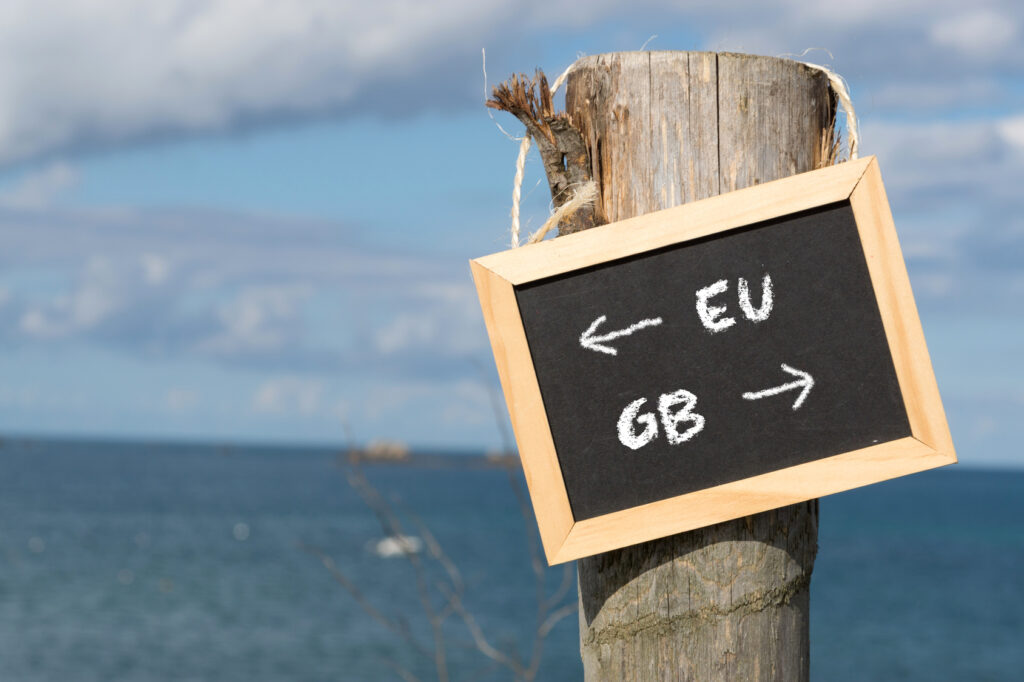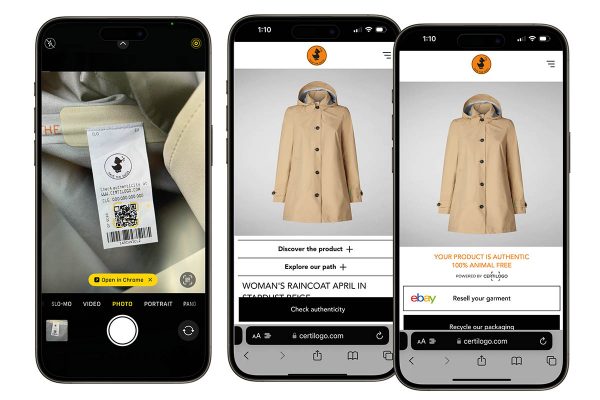Ah Brexit … just a few more weeks and it will all be over and we can get back to normal, right? And for those, like me, that have spent the past 18 months foolishly believing that it’s better to be in the tent p**sing out, rather than outside p**sing against a giant closed steel door, it seems we have wasted our anxiety.
For all will be well – thanks to plucky British retailers.
Despite, as a population, the UK demonstrating to the world just how infantile and unenlightened we are – sorry, patriotic – many shoppers out there across the world (even in Europe, with their silly cheeses and funny accents) want to buy British. And this is going to save us.
Two studies out last week point to just how international our sales are. According to PayPal, UK retailers are at the top of the list of countries that foreign buyers purchase goods from online.
According to the report, Britain’s ecommerce companies top the European league table for international trade. The report also highlights that one in seven shoppers in over 30 global markets have purchased from a British online retailer in the past year, compared to one in 10 who bought from Germany, which is second in the league table.
The USA and China were the top two online export countries for UK retailers, providing some comfort to British retailers ahead of Brexit.
Similarly, 70% of UK shoppers now buy goods online from overseas merchants – again with the US and China topping the list.
From a retail perspective this suggests that our reliance on Europe is less important than remoaners like me lent credence to.
Joking aside, this is of some comfort as it shows that the UK shopper and the UK manufacturer is actually more internationally minded (or perhaps more internationally ambivalent) than naysayers may suspect. It also points to retailers looking for those new overseas markets in plenty of time for 29 March 2019, when we possibly close the gates on Europe and look out to the world.
However, doom-monger that I am, there are still problems. While we can negotiate new trade deals with foreign markets once we are out of Europe, even reverting just to WTO rules, there is a problem. Our current trade deals with China and the USA – and many others – are tied by the EU’s WTO deals with these countries, so we are selling our goods to China and the US as part of an EU WTO deal with these countries. Come 29 March 2019, we will no longer be tied by this and we will have to unpick just what proportion of EU trade under WTO rules with these and many other countries represents.
The EU can, naturally, ‘fill the gap’ left in its WTO trade quotas by upping the allowances of EU member states. The UK will have to renegotiate all its trade deals individually – including with the EU.
This, my friends, is what makes Brexit such as disaster. I am no lover of the EU: it is an unelected cabal of career politicians with an overweening federalist bent. Yes they are more left leaning than UK governments tend to be (a good thing IMHO), but still not ideal.
However, Brexit is a daft idea simply because undoing 40-plus years of political and, more importantly, trade tanglings is neigh-on impossible. Change should have been driven from within the EU by the UK, where our might would have counted for something.
The threat to leave was more potent than leaving and (I am looking at you, Cameron, David) calling a referendum blew that quite comprehensively.
Anyhow, we are here and we need to make the best of it – and these two reports show that already the signs are there that, while governments can’t work out how to make this work, business can.
Let’s see what today’s budget brings and see if the expected golden carrot to vote through a deal that means we leave without really leaving comes to pass. Meanwhile, let’s hope people keep on buying Chinese stuff.







